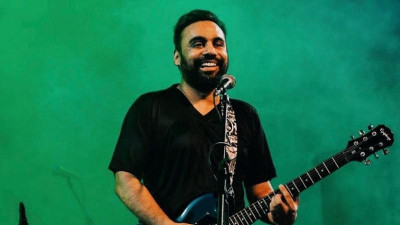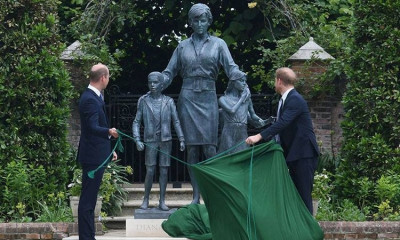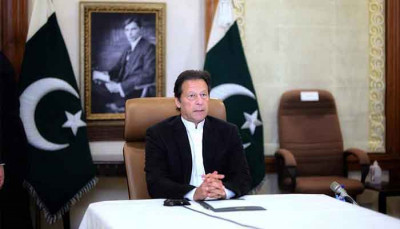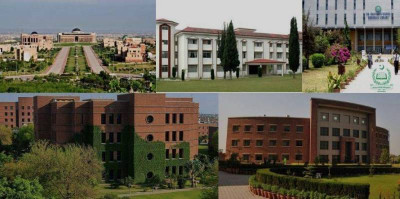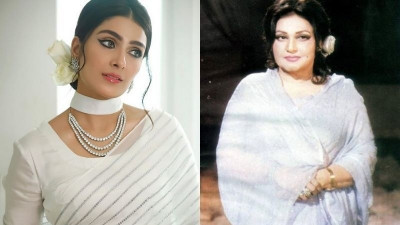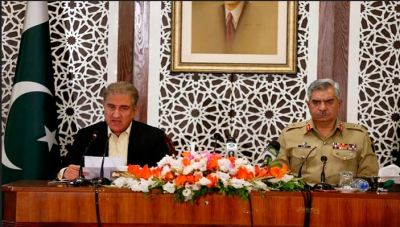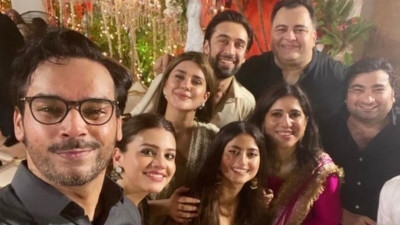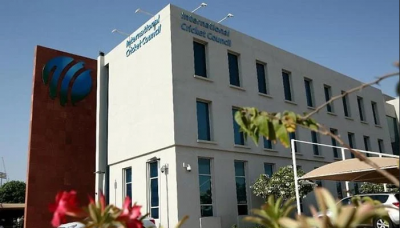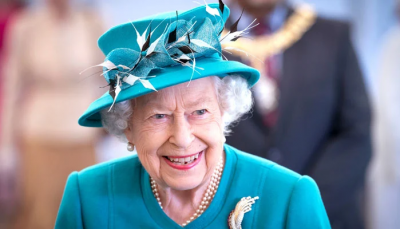Dhoop Ki Deewar’s trailer had captured my attention, much before I actually subscribed to ZEE 5 to watch it. India, Pakistan, “shahadat [martyrdom]” and what seems like friendship — it is hard to ignore such a trailer. But this story reserves the drama for later and begins with scenes that are so ordinary that they connect instantly.
There are two families intently watching an India versus Pakistan match in Amritsar and Lahore. There is drama both on their screens and in their living rooms as each family is rooting for their side to win along with proposing their own share of bargains to God if the right team wins.
Sara, played by Sajal Aly, comments “agar Pakistan yeh match jeet gaya na toh main panchon waqt ki namaz parhna shru kar doon gi, promise [if Pakistan wins this match, I'm going to start saying my prayers five times a day, promise.” Her mother laughs, her grandmother adds that she too will start to offer Tahujud prayers if Pakistan wins.
Just as the match intensifies, the story changes into a flashback of the day’s events on both sides of the border. It is then that one learns that these are military families with their respective fathers posted in Kashmir. But, neither India nor Pakistan seems to be a large issue with either family with the exception of the match.
The consumption of both Indian and Pakistani content for entertainment is a routine part of their lives. Vishal, played by Ahad Raza Mir, plays Atif Aslam’s music on his guitar. His mother and her friend discuss their love of Pakistani dramas comparing them to content and titles on Indian television.
Meanwhile, the same dramas they dislike are avidly consumed by the grandmother in Pakistan. We also see the common consumption of Bollywood songs and the desire to replicate their dance steps by teenage girls in Pakistan.
All these activities and discussions find common ground with Indians and Pakistanis at large and are perhaps what make this drama gripping. After a very long time one watches normal families on screen with their mundane arguments, love for celebration and the joy they find in simple things.
The narrative also go back to the intensity that exists between both neighbours as concerns of nationalism and patriotism arise in conversations that the Indian grandmother has with her daughter living in Canada. The younger lady announces that both Indians and Pakistanis will watch the match together.
The elderly lady, also the wife of an army man, quips that her daughter has lost all patriotism by moving abroad. But her daughter presents the fact that life abroad is different and that both Indians and Pakistanis don’t have the time to carry on enmities in Canada.
Nonetheless, perhaps as a reassertion of her “Indian-ness” she instructs Vishal to buy more firecrackers to celebrate the imminent victory. As soon as India secures its victory, however, both families are propelled into unexpected grief. In a poignant sequence, a military unit appears outside each home, signifying the loss of the colonels.
